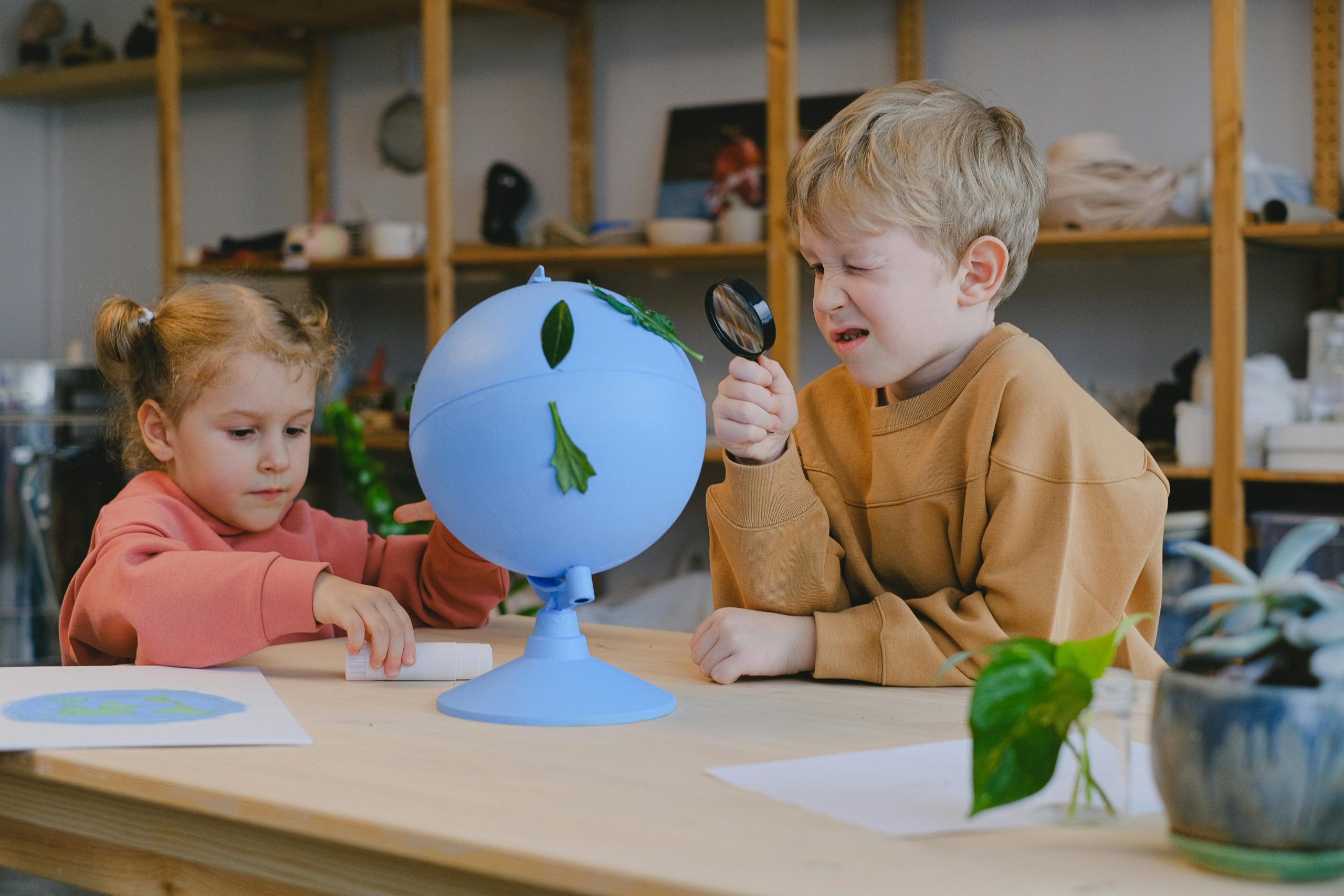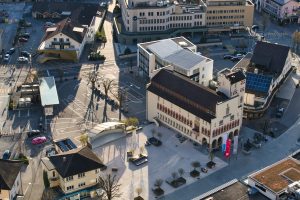Fieldwork projects connecting science to local ecosystems
Fieldwork projects connecting science to local ecosystems are a crucial component of our understanding and preservation of the natural world. By immersing ourselves in the environments we aim to study, we are able to gain first-hand knowledge of the intricacies and interconnections between various species and their habitats. These projects not only provide invaluable scientific insights, but also promote a sense of community and stewardship for our local ecosystems. In this article, we will explore the importance of fieldwork projects in bridging the gap between science and our immediate surroundings.
The Value of Fieldwork Projects
Fieldwork projects are research or conservation initiatives that require scientists, students, or volunteers to work in the field, collecting data and observations directly from the source. These projects can take place in a variety of environments, from forests and wetlands to deserts and oceans. The value of fieldwork projects lies in their ability to provide accurate and comprehensive information about local ecosystems.
Hands-on Learning and Data Collection
Fieldwork projects are often conducted by a team of researchers from different fields, such as ecology, biology, and conservation. This allows for a holistic approach to data collection and analysis, providing a more complete understanding of the ecosystem under study. By working on-site, researchers are able to observe and record in real time, making note of any changes or patterns that may not be apparent in a lab setting.
Moreover, fieldwork projects provide an opportunity for students and volunteers to gain hands-on experience and develop practical skills in their respective fields. This type of learning can be more engaging and memorable compared to traditional classroom settings, and it also prepares individuals for future careers in the scientific field.
Connecting with the Local Community
Fieldwork projects often involve collaborations with local communities, as they provide valuable insights and perspectives on the ecosystems in their own backyard. By involving community members, these projects promote a sense of ownership and responsibility for the local environment. This can lead to more sustainable practices and conservation efforts, as community members feel more connected to and invested in their surroundings.
In addition, fieldwork projects also provide an opportunity for researchers to share their findings with the local community. This helps bridge the gap between scientific research and the general public, fostering a better understanding of the importance of conservation and the impact of human activities on local ecosystems.
Examples of Successful Fieldwork Projects
Tiger Monitoring in Nepal
In Nepal, a team of researchers has been conducting fieldwork projects to monitor tiger populations in the Terai Arc Landscape (TAL), a critical habitat for these endangered animals. By using camera traps and tracking methods, they have been able to gather data on tiger movement patterns, population sizes, and potential threats. This data has helped inform conservation efforts and policies aimed at protecting tigers in the TAL region.
Marine Debris Surveys in the Caribbean
With the rise of plastic pollution in our oceans, a fieldwork project was initiated in the Caribbean to study the impact of marine debris on local ecosystems. Volunteers from different countries came together to conduct beach cleanups and collect data on the types and quantities of debris found. This information has been used to raise awareness and advocate for policies that aim to reduce plastic waste and protect marine life.
In Conclusion
Fieldwork projects connecting science to local ecosystems play a crucial role in our understanding and conservation efforts of the natural world. They provide hands-on learning opportunities, promote community involvement, and offer valuable insights into the complexities of our local ecosystems. By continuing to pursue and support these projects, we can work towards a better and more sustainable future for our planet and its diverse species.










